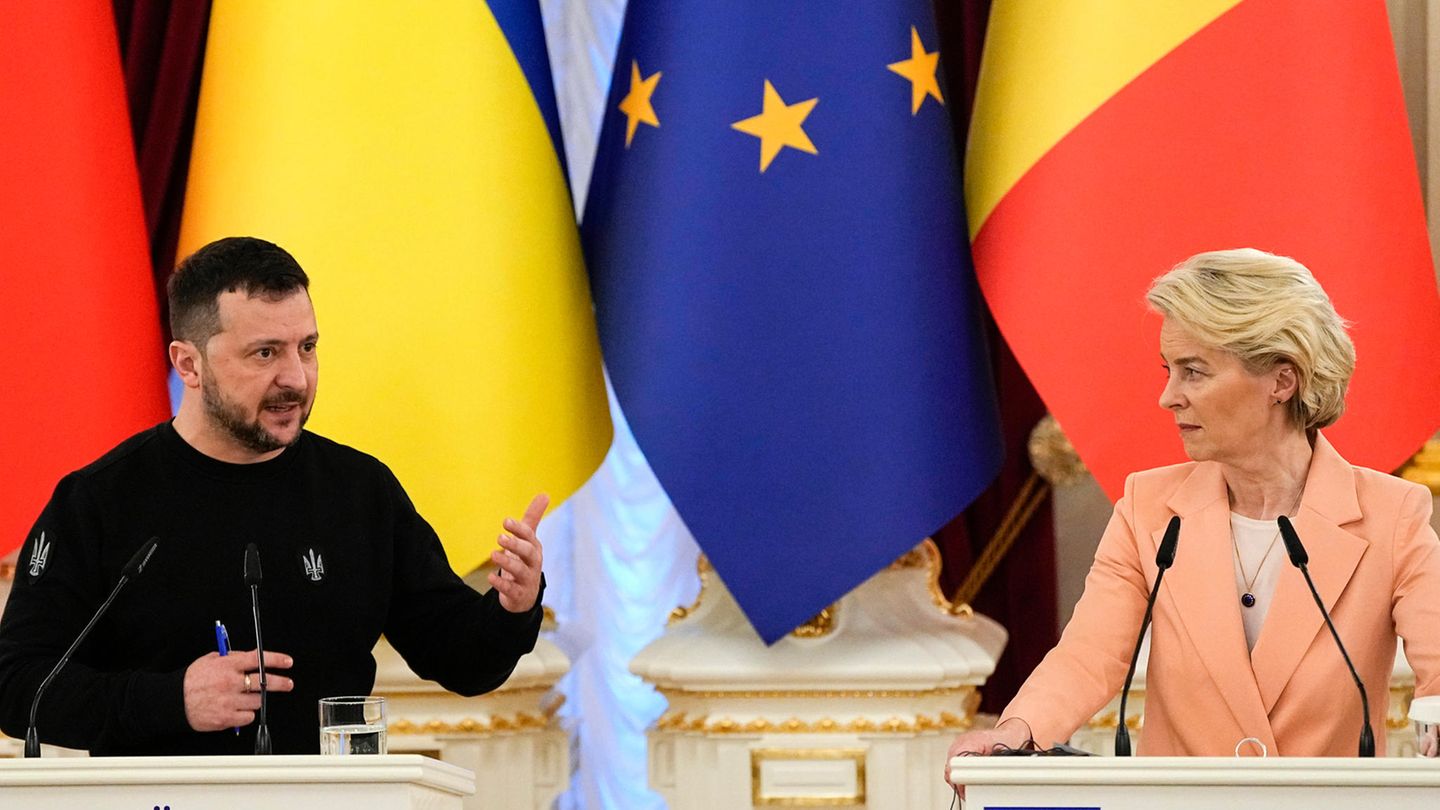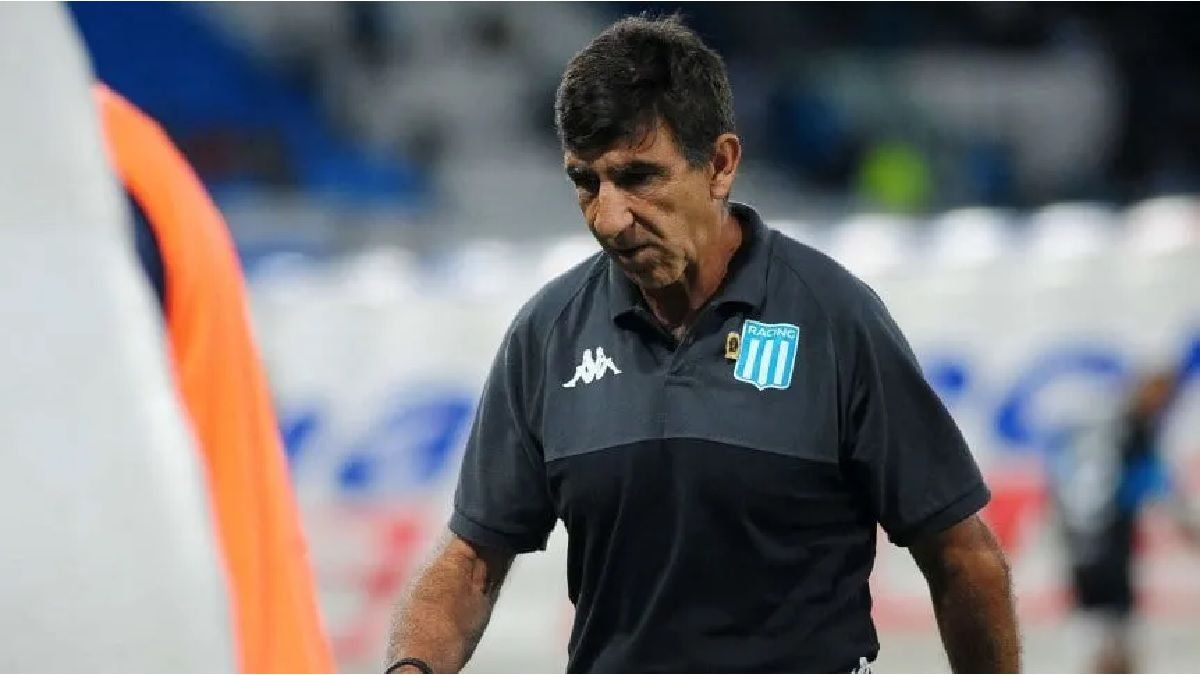The EU is beginning accession negotiations with Ukraine – and thus for the first time with a country at war. Will the community of states soon have 28 or even more members again?
The European Union has opened accession negotiations with Ukraine. Representatives of the country attacked by Russia and the EU met in Luxembourg on Tuesday for the first so-called intergovernmental conference. “This is a historic moment for all of us and a milestone in our relationship,” said Belgian Foreign Minister Hadja Lahbib on behalf of the EU at the start of the talks. The enlargement process is a geopolitical investment in peace, security, stability and prosperity.
It is unclear how long the accession negotiations will take and whether they can even be brought to a successful conclusion. EU accession negotiations with Turkey, for example, were started in 2005 – but they are now completely on hold following the country’s continued setbacks in the areas of democracy, the rule of law and fundamental rights.
Big day for Ukraine
For the people of Ukraine, the opening of EU accession negotiations is nevertheless an important sign that it is worth continuing the defensive struggle against Russia. Ukrainian President Volodymyr Zelenskyy had already spoken of a “historic event” on Monday. “This is the day that Ukraine has been striving for for decades. And now it is becoming a reality. Ukraine will never be diverted from the path to a united Europe, to our common home for all European nations,” he said in a video message broadcast in Kyiv.
Belgian Foreign Minister Lahbib recalled on Tuesday that further progress in the accession process is tied to the fulfillment of conditions and can theoretically be reversed. “The EU expects Ukraine to continue to assume responsibility and demonstrate the credibility of its commitments and political will by implementing necessary reforms (…),” she said.
EU calls for further reforms
As a concrete example, she cited reforms in the areas of the rule of law and fundamental rights, the strengthening of democratic institutions and a reform of public administration. Particular attention should therefore be paid to judicial reform, the fight against corruption and the protection and non-discriminatory treatment of national minorities. The latter point is particularly important for the EU country Hungary, which sees a Hungarian minority in Ukraine as disadvantaged and has repeatedly threatened to block the accession process.
Ukraine before candidate status
Take a seat in the Brussels waiting room: These countries are candidates for EU accession
The agenda of the first intergovernmental conference on Tuesday included a presentation of the guidelines and principles for the negotiations by the EU. According to diplomats, the first substantive discussions are likely to begin in the course of the next twelve months. Until then, the EU Commission must carry out a so-called screening to determine the extent to which the national law of the accession candidates still deviates from EU law.
Moldova also has EU perspective
The EU has also opened accession negotiations with Moldova. Representatives of the small neighbouring country of Ukraine and the EU met in Luxembourg on Tuesday evening for a first so-called intergovernmental conference.
Source: Stern
I have been working in the news industry for over 6 years, first as a reporter and now as an editor. I have covered politics extensively, and my work has appeared in major newspapers and online news outlets around the world. In addition to my writing, I also contribute regularly to 24 Hours World.




